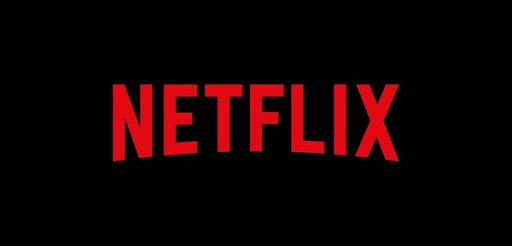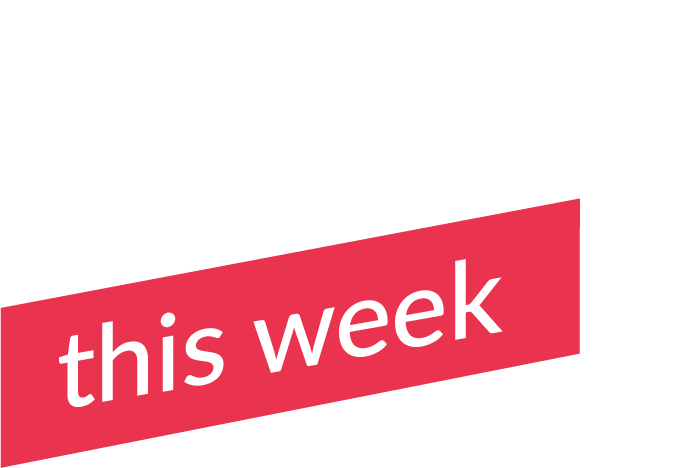Top of mind: Happy Sunday!
This week was an interesting one in African tech. Ghana’s regulators came down on one of its own after a significant funding round, and Nigeria’s Big Cabal Media raised a whopping $2.3 million in seed funding! Big news.
Let’s get into it.
3 big things:
- Dash shuts down
- BCM’s big raise
- Netflix targets freeloaders
Ghana shuts down Dash App

The short: Days after Ghana’s fintech company Dash raised $32.8 million in seed funding, the Bank of Ghana (BOG) shut it down for offering financial services without regulatory approval.
How Dash was built: Dash launched in 2019 after CEO Prince Boakye Boampong noticed a challenge with the interoperability of payment systems in Kenya. Legend has it that during a visit to Kenya, Boampong was fascinated by Kenya’s mobile money service M-PESA, but noticed that users outside M-PESA’s ecosystem could not make transactions with M-PESA users. This means if you visit Kenya as a foreigner, you can’t make payments to M-PESA users with your bank app.
So, Dash was created as a unified payments platform to enable transactions between traditional banking services and mobile money operators in Kenya, Nigeria and Ghana. With this unified system, users can instantly transfer money to any bank, pay for goods & services, and split bills with friends. Sweet deal.
By the numbers: Similar to other fintech startups, Dash’s revenue is driven by processing fees, premium subscriptions, and FX fees from cross-border transactions. According to TechCrunch, Dash has processed over $1 billion from its 1 million userbase in Ghana, Nigeria & Kenya since 2020.
Impressive numbers, but the BOG isn’t messing around: One day, you’re on a high from announcing a $32.8 million raise, and the next day you’re explaining to investors why you got shut down for operating without approvals.
Ghana’s BOG claims Dash lacked approval to facilitate cross-border payments and other financial services. The BOG reminded other startups operating without licenses in Ghana that companies “offering payment services in the country without a license is an offense under Section 9 (1) of Act 987”.
Dash has not publicly spoken on its current dilemma.
Interestingly, the BOG waited two years to shut Dash down. So, the BOG must have been aware of Dash’s early operations but decided that the company wasn’t worth the attention until this significant raise.
Final thoughts: Dash’s team includes engineers, designers, and finance folks, but a regulatory or policy affairs staff is visibly absent. Fintech is fast becoming a highly regulated sector in Africa, and Fintech companies must seek necessary approvals to operate.
For a company that styles its employees as “a motivated and fun group of skilled young humans who drink free Masala tea and battle each other at Jenga and charade”, – Dash needs to invest in adding a policy staffer to its roster so they can get back to playing Jenga
Big Cabal Media raises $2.3 million in seed funding

The short: Big Cabal Media (BCM), the parent company of TechCabal and Zikoko, raised $2.3 million in seed funding to expand its audience and operations.
Why this matters: Despite African startups raising over $4.3 billion in 2021, most of these funds went to fintech and healthcare startups. This gap isn’t unique to Africa alone. For example, digital media companies globally are attracting less VC funding compared to 5 years ago.
What makes this seed funding noteworthy is that once again, BCM is the blueprint for what’s possible for digital media companies on the continent.
By the numbers: Big Cabal’s portfolio reaches about 20 million people across platforms. Zikoko and TechCabal’s newsletters reach almost 200,000 readers. In addition, TechCabal is read in over 30 countries and by investors in Silicon Valley, Europe, and Asia.
Delighting the audience: For this newsletter’s debut in June last year, I interviewed BCM’s CEO Tomiwa Aladekomo about TechCabal’s ambitions. I described TechCabal as:
Africa’s most important tech media company – the pulse of tech culture, its third eye. They’ve been at the centre of industry trends and covered innovation, triumph, losses, and made bold predictions about Africa’s tech ecosystem for years.
Aladekomo described delighting its audience as part of a new strategic shift in redefining its values, voice and the audience they serve. He stated that BCM had ambitious goals and would need funding to expand its audiences. Today, TechCabal is Africa’s go-to source for understanding the tech industry and discovering founders and companies building the future of technology on the continent.
Final thoughts: TechCabal is one of my favourite tech publications. I’d be rooting for the team as they use their newly minted seed fund to achieve the ambitious goals Aladekomo laid out in our interview. But, more importantly, their success would serve as the blueprint for more VC-backed support for tech media startups on the continent.
Netflix comes for freeloaders

The short: Netflix is testing a feature that charges people for adding multiple users to an account. This feature is live in Chile, Peru and Costa Rica.
What this means: Netflix has faced a significant dip in earnings and user growth since COVID restrictions were lifted. This new push is an experiment in generating revenue by charging people who enable freeloaders.
Netflix’s Director of Product Innovation Chengyi Long says:
We’ve always made it easy for people who live together to share their Netflix account, with features like separate profiles and multiple streams in our Standard and Premium plans. While these have been hugely popular, they have also created some confusion about when and how Netflix can be shared. As a result, accounts are being shared between households – impacting our ability to invest in great new TV and films for our members.
This means that every time you share your password with someone else, Netflix loses the ability to monetize that user, and they need to make money.
How this works: Paying users can add sub-accounts of up to two people they don’t live with, with new personalized profiles and logins at a lower price – $2.96 in Chile, $2.99 in Costa Rica, and $2.11 in Peru.
Final thoughts: Netflix has created the perfect excuse for people who don’t want to share their passwords. If your family and friends pressure you, kindly ask them to donate to your new Netflix fund because Netflix isn’t playing. And neither are you.
It might be a while before Netflix decides it’s worthwhile to launch this feature globally, but if/when this happens, I’ll personally invite the freeloaders on my account to donate to my Netflix fund. They know themselves.
—
That’s it for the week. I’d love to hear your thoughts about this week’s issue. Please respond to this email or find me on Twitter @fatuogwuche 🙂
Ps – do us a solid by sharing the newsletter with your network of tech enthusiasts. Invite them to join the party 🙂
See you next Sunday!

